In just five years, this project will empower 3.7 million farmers to grow their own wheat and break free from food insecurity.
Grow Further is supporting a breakthrough initiative in Ethiopia aimed at transforming off-season wheat production. Led by Madda Walabu University, the project focuses on smarter irrigation, improved crop management, and the introduction of heat-tolerant wheat varieties.
With the goal of enhancing food security and advancing Ethiopia’s national drive toward wheat self-sufficiency, this project aims to reach 3.7 million farmers within five years.
Wheat is a staple food in Ethiopia, but yields are falling short. Recurrent droughts, conflict, and economic instability have pushed over 20 million people into food insecurity. The government launched an initiative to expand wheat farming into the dry season, but success depends on overcoming major challenges.
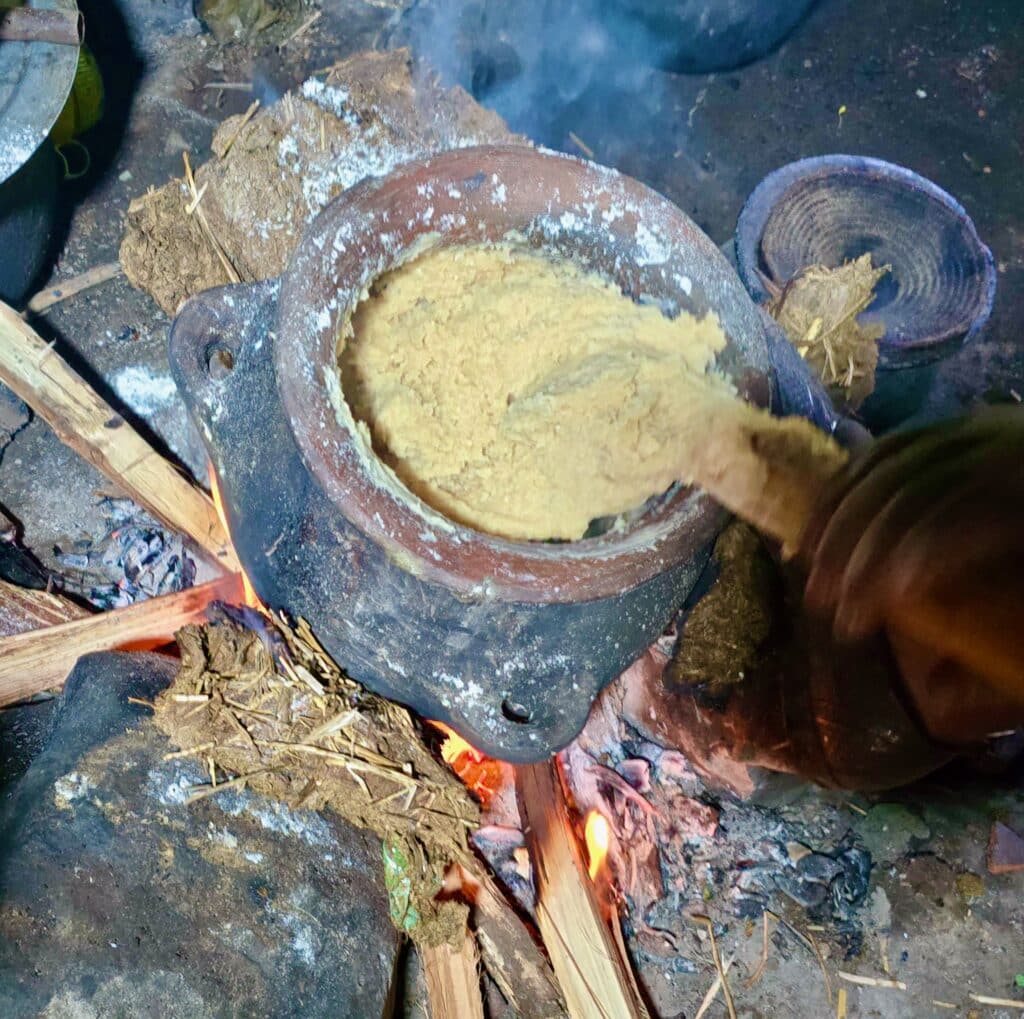
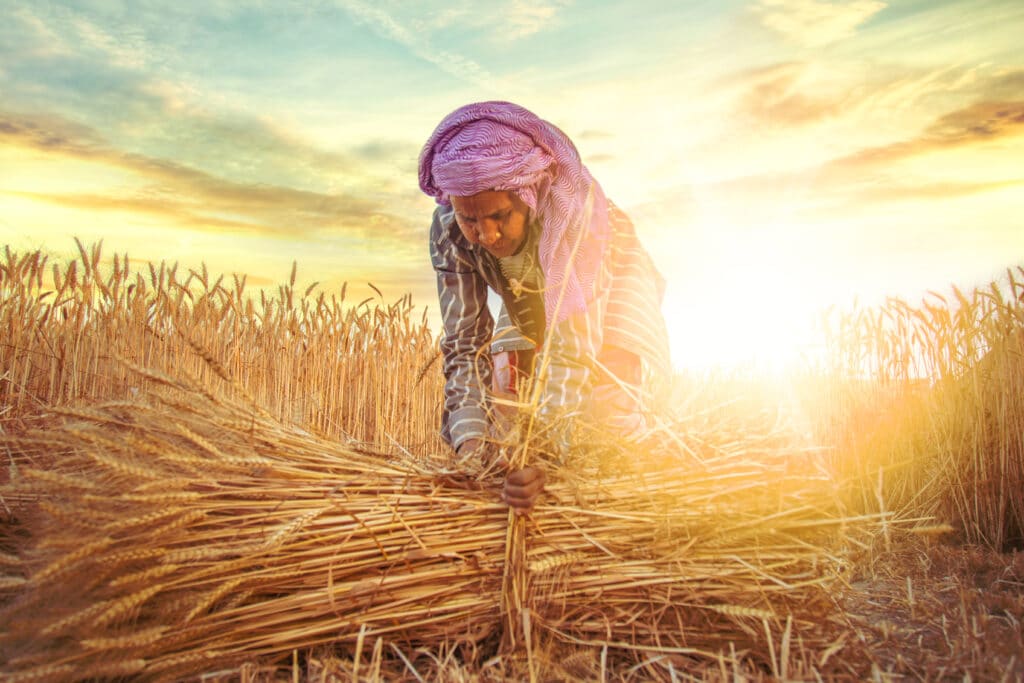
In just five years, this project will empower 3.7 million farmers to grow their own wheat and break free from food insecurity.
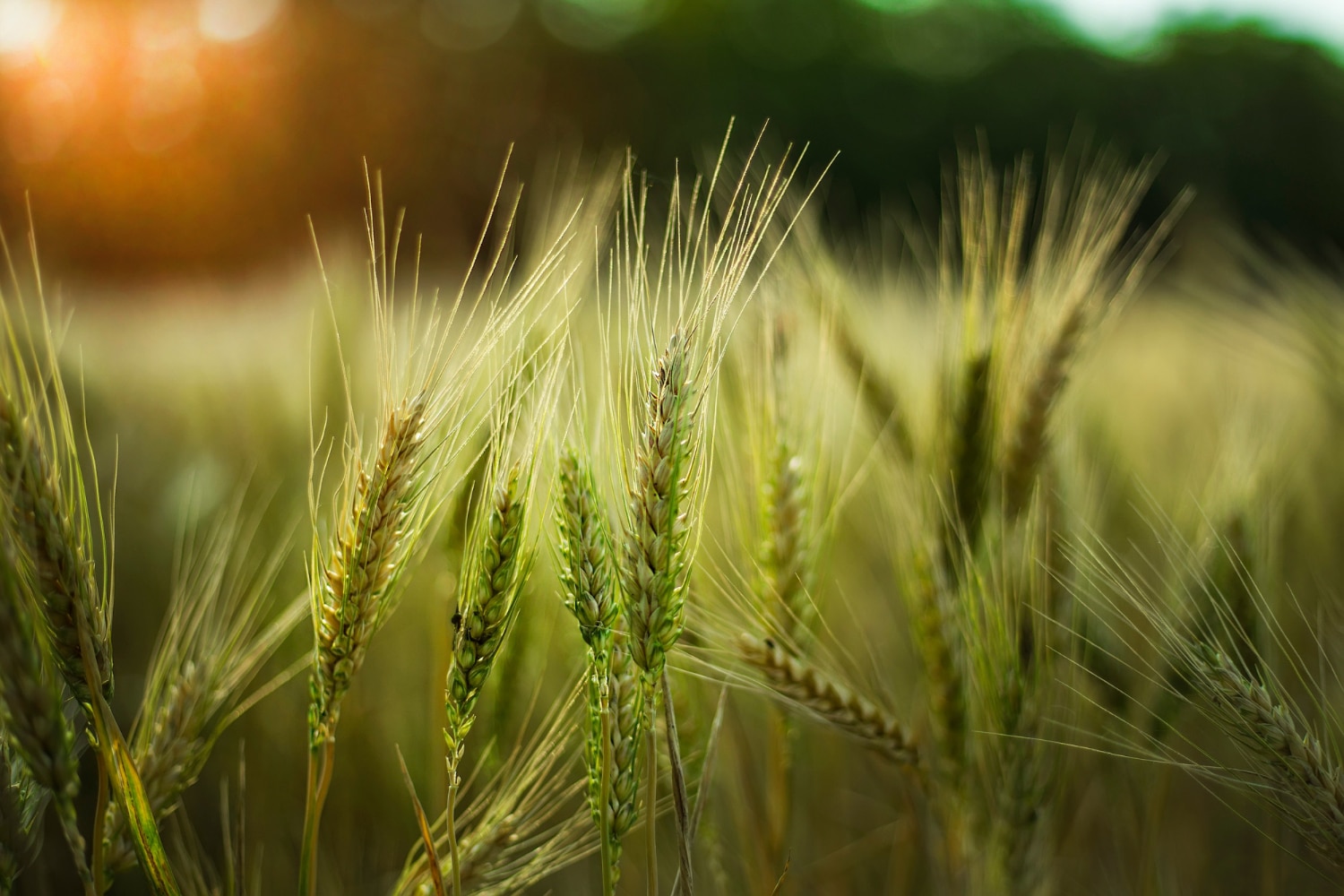
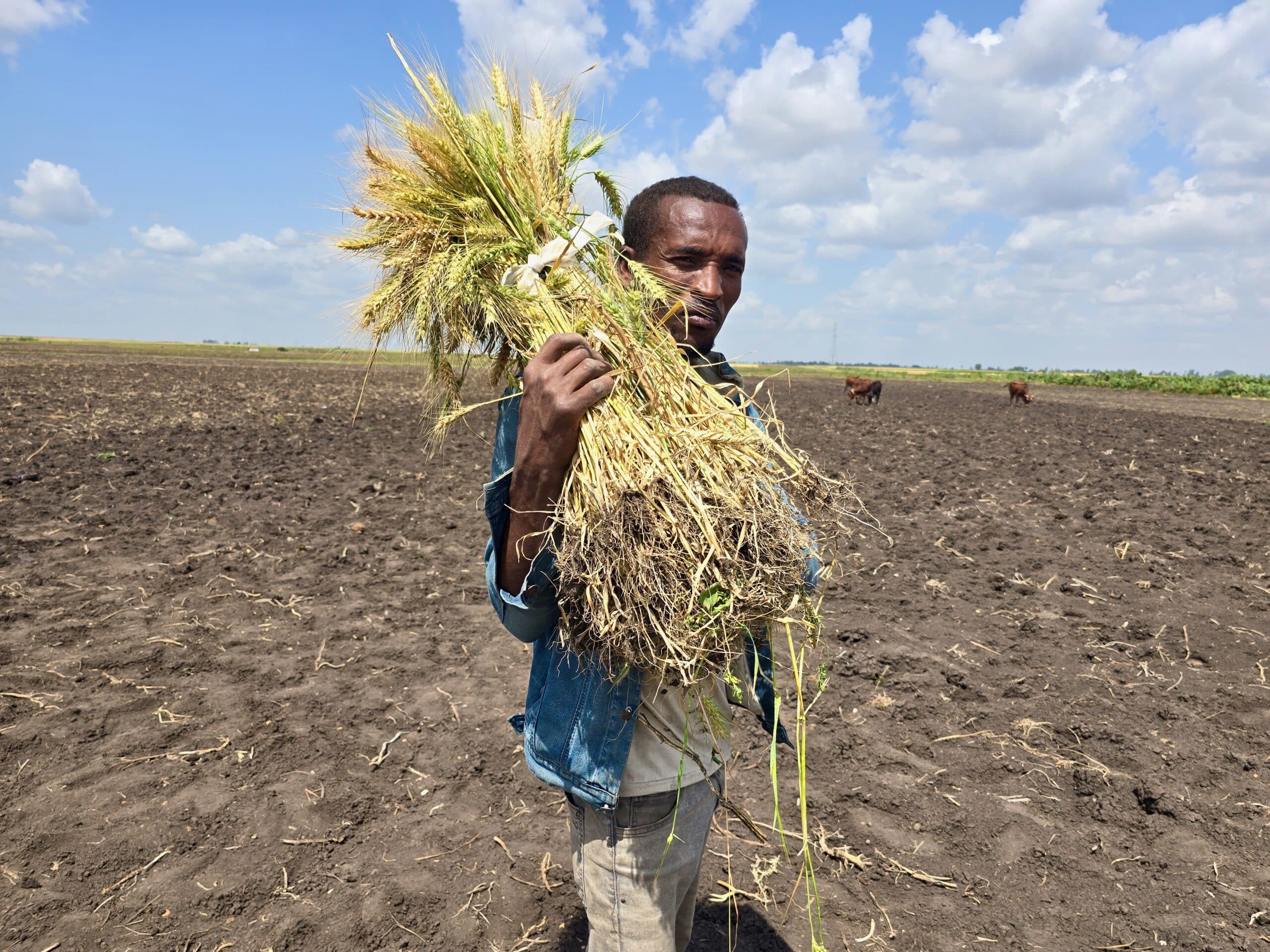
In Ethiopia’s Upper Wabi Shebele Sub-Basin, our team is testing innovative irrigation strategies to identify the most water-efficient and cost-effective methods. Field trials combine these techniques with heat-tolerant wheat varieties, while hands-on training equips farmers with the knowledge to boost yields and adapt to a changing climate.
This project goes beyond research to strengthen every step of the wheat value chain—from post-harvest storage to market access. By improving connections across the chain, farmers can earn better prices, and consumers benefit from a more reliable wheat supply.
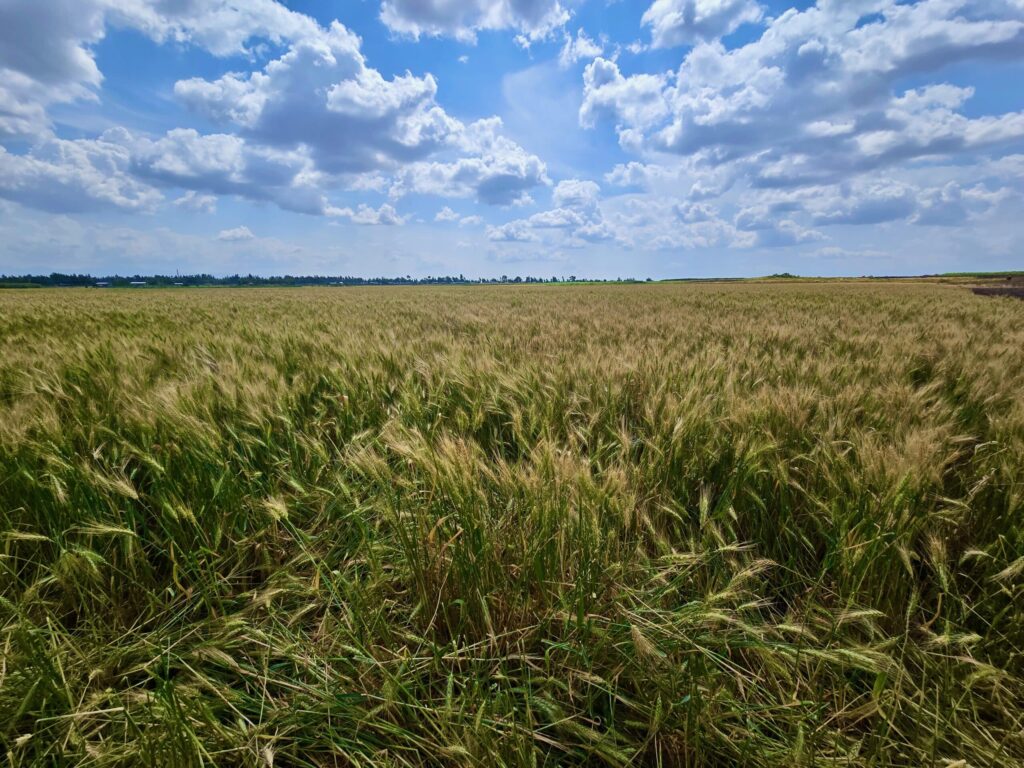
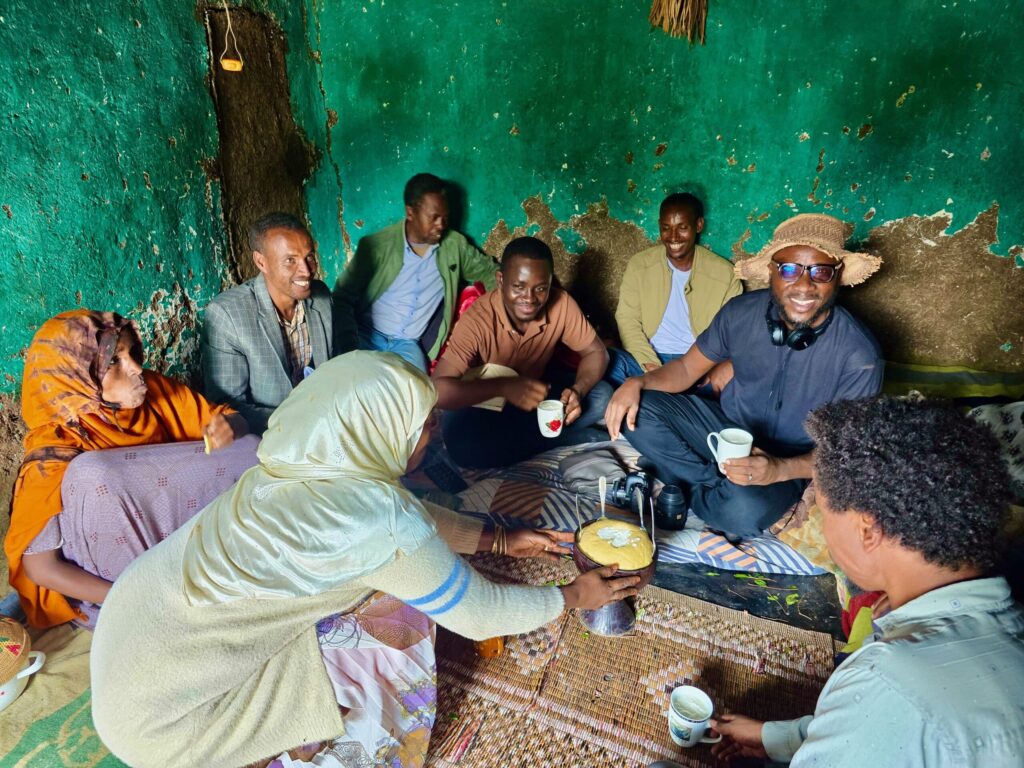
With strong adoption expected, this project could directly benefit over 3.7 million farmers in just five years, and more than 11 million over the next two decades — transforming livelihoods and strengthening food security at scale.
